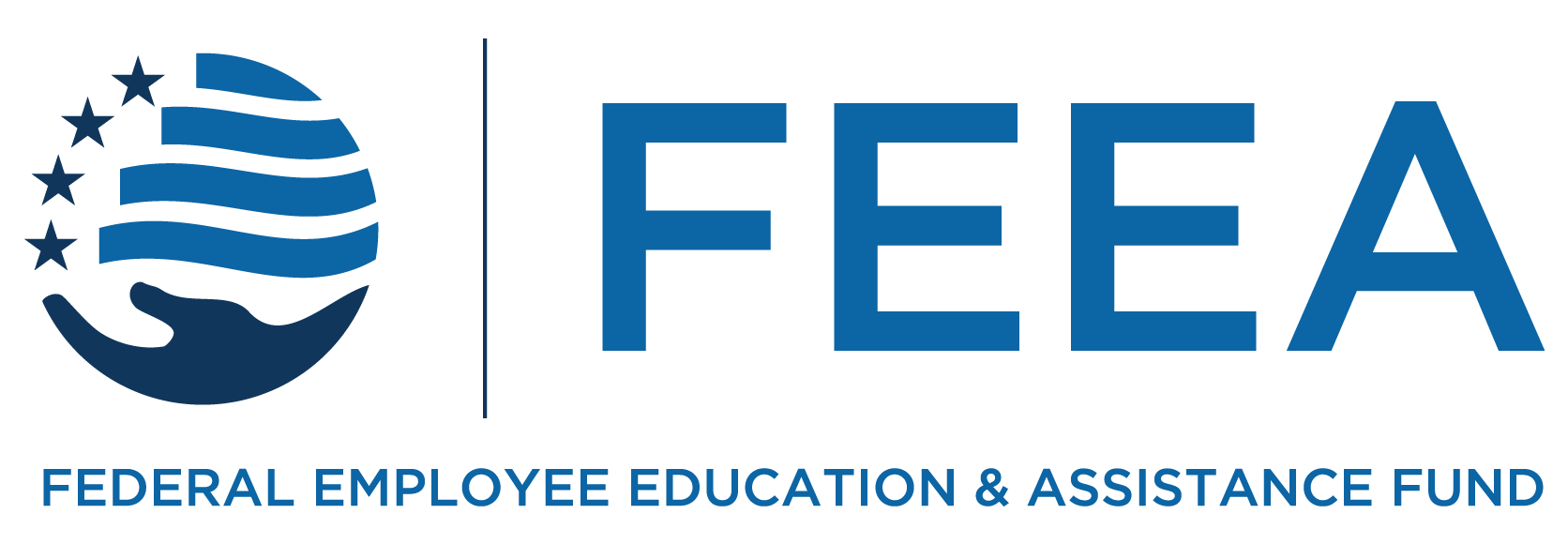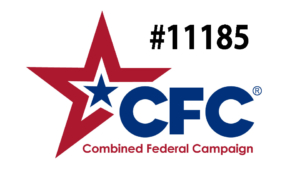by Joyce Warner (originally published on govloop.com)
According to the U.S. Department of Education, about nine percent of the 25-to-29-year-old population has a graduate degree, almost double what it was at the beginning of the decade. At the same time, rising tuition costs have far outpaced inflation. So should you jump on the bandwagon and start your grad school application ASAP? Maybe, but do these things first to help decide.
MORE FROM FEEA
Subscribe to FEEA’s Newsletter
The information provided in this piece is for your convenience and informational purposes only and not to be construed as professional advice. FEEA and its coauthors and sponsors are not liable for any losses or damages related to actions or failure to act with regard to the content in this piece.
Would you like to reprint this piece in your agency human resource, federal employee association, or union local newsletter? You can do so at no cost by contacting admin@feea.org with your request.




